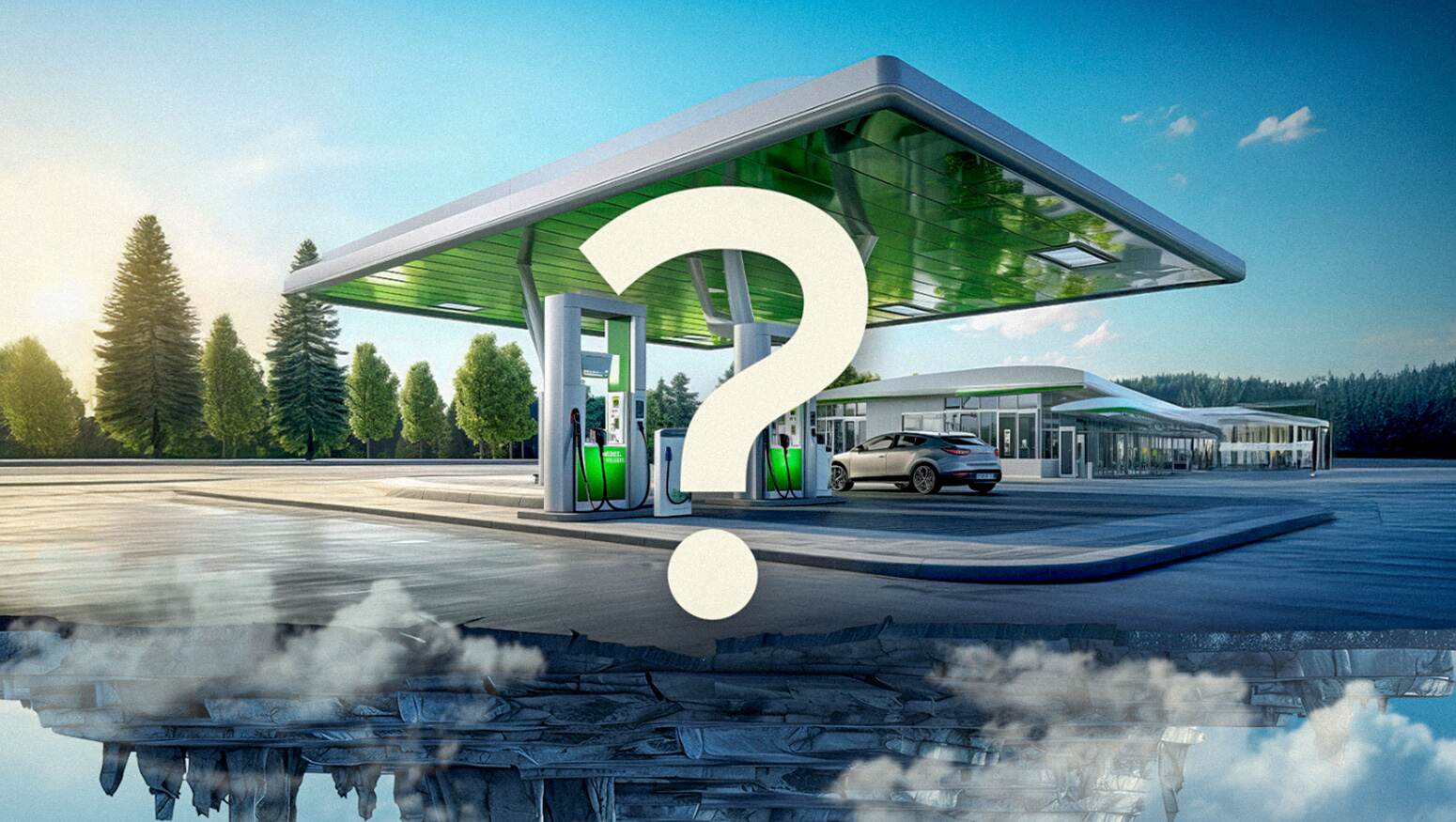The global automotive landscape is evolving rapidly, with electric vehicles (EVs) gaining momentum and alternative fuels making their way into mainstream markets. With these shifts, many wonder if fuel efficiency will remain relevant in the coming years. The answer is yes—fuel efficiency will continue to play a vital role, albeit in new and evolving ways.
The evolution of fuel efficiency standards
Fuel efficiency has long been a cornerstone of vehicle design. As far back as the 1970s, rising fuel costs and environmental concerns drove carmakers to prioritise efficient engine performance. Over the years, manufacturers have integrated turbocharging, direct fuel injection, and advanced aerodynamics to improve mileage without sacrificing performance.
Today, fuel efficiency is not only about reducing fuel costs at the petrol pumps but also about lowering emissions. With climate change becoming a significant concern, improving vehicle efficiency remains a top priority for governments and carmakers worldwide.
The rise of electric and alternative fuel vehicles
The rapid adoption of EVs has sparked questions about the future of fuel efficiency. While EVs eliminate the need for petrol or diesel, efficiency still matters. Energy consumption per kilometre directly affects an EV’s range, battery longevity, and charging frequency. Carmakers are continuously improving battery technology to extend driving ranges without compromising performance.
Hybrid vehicles further blur the lines. By combining an internal combustion engine with electric power, hybrids demand high fuel efficiency to optimise both energy sources. These vehicles are often engineered to switch seamlessly between power modes, making efficiency a crucial factor in maximising performance.
Biofuels and synthetic fuels are also emerging as viable options. These alternatives aim to reduce carbon footprints while extending the life of traditional fuel-powered vehicles. As biofuels become more accessible, enhancing their efficiency will remain a key focus.
Government regulations and their impact on fuel economy
Regulations play a significant role in shaping automotive efficiency. Countries worldwide are introducing stricter fuel economy standards to curb emissions and promote cleaner transportation.
For instance, the European Union’s CO2 emission targets continue to push automakers to improve vehicle efficiency. Similarly, the United States’ Corporate Average Fuel Economy (CAFE) standards are designed to encourage innovation in powertrain technology.
Even as EV adoption accelerates, governments are unlikely to relax fuel efficiency mandates for traditional vehicles. This ensures that petrol and diesel cars remain cleaner and more economical for those who continue to rely on them.
How internal combustion engines are adapting to stay efficient?
Despite the growth of EVs, internal combustion engines (ICEs) are still evolving. Automakers are investing heavily in cleaner, more efficient engine designs that meet stricter emission standards. Innovations such as variable valve timing, cylinder deactivation, and mild hybrid systems are enhancing ICE performance.
Moreover, advancements in lightweight materials and improved aerodynamics help reduce energy consumption. These innovations ensure that ICE vehicles remain competitive, efficient, and eco-friendly for years to come.
What’s the role of fuel additives in maximising fuel efficiency?
While technological advancements improve vehicle efficiency, fuel additives provide an additional boost. Products like Milex are designed to optimise engine performance, reduce carbon build-up, and improve combustion. Fuel additives enhance the fuel quality and help vehicles, smoother operation, and reduced emissions.
As fuel types diversify, additives will continue to play a crucial role in maintaining optimal engine performance. Whether you opt for traditional ICE vehicles or hybrids, a high-quality additive like Milex ensures your vehicle runs efficiently and effectively.
Moreover, millions of petrol and diesel vehicles will remain on the roads for years to come, making improved fuel efficiency a lasting priority. Automakers will continue investing in engine enhancements, lightweight materials, and fuel-saving technologies to meet evolving consumer demands and regulatory requirements.
Conclusion
Fuel efficiency will continue to matter in 2030 and beyond, albeit in new and diverse ways. Whether you’re driving a hybrid, an ICE vehicle, or exploring alternative fuels, maximising efficiency will remain the key to saving costs, reducing emissions, and enhancing performance. With Milex, you can ensure your vehicle stays efficient and prepared for the future of driving.
Give your engine the protection it deserves – choose Milex for a cleaner, more efficient drive with these products :
